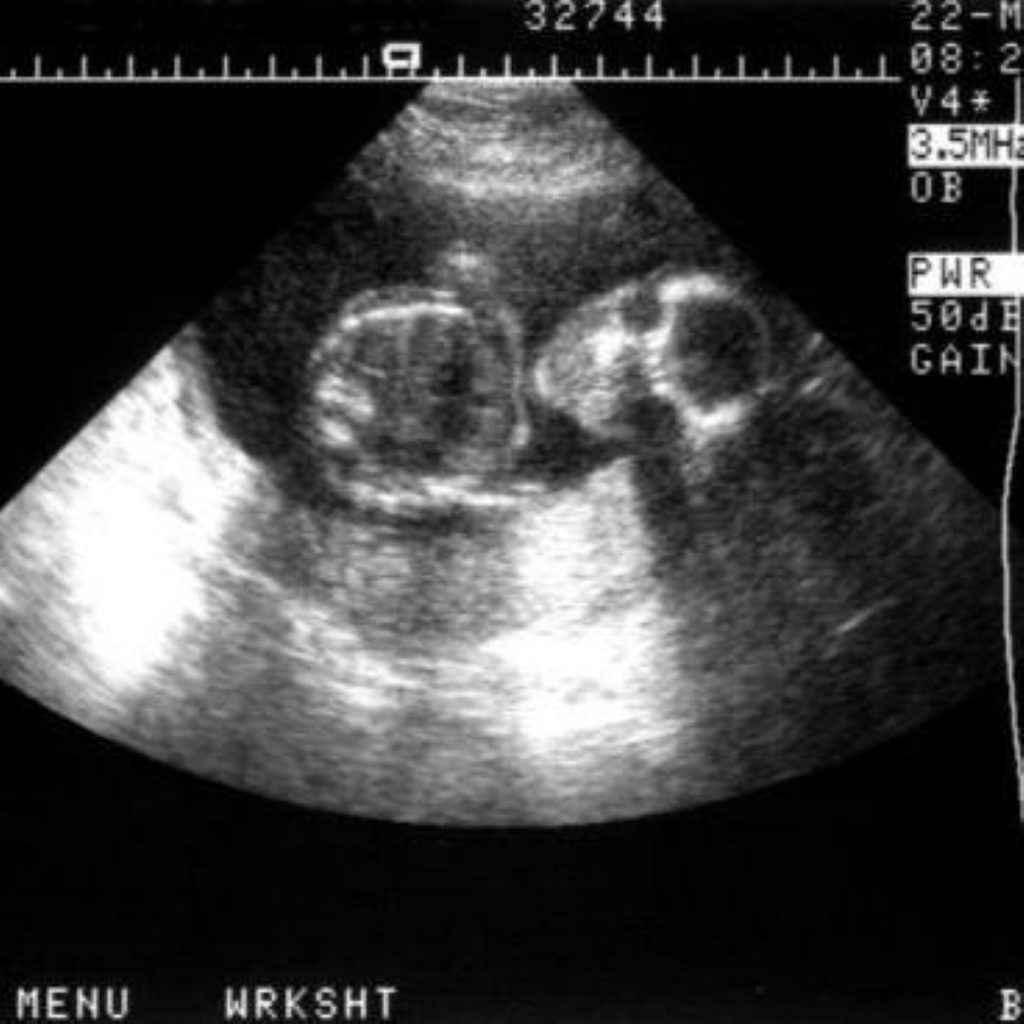MPs reject calls for father figure in IVF treatment
MPs have today rejected an amendment calling for both a “father and a mother” to be a condition of fertility treatment.
The amendment brought by Conservative MP Ian Duncan Smith was defeated by 292 votes to 217.
Gay rights groups have already expressed their happiness about the vote.
Ben Summerskill, Stonewall’s chief executive, said: “Stonewall has lobbied tirelessly for months on this part of the bill and we did everything we could to persuade MPs to vote for equality.


“The new law does not send out a message that fathers are not needed; it simply recognises the diverse make-up of families in 21st century Britain. The clear message it does send out is that a loving, supportive family is paramount to the needs of a child.”
The legislation is expected to give lesbians and single women equal access to IVF treatment, with doctors only required to ensure that “supportive parenting” will be provided.
MPs have now begun debating and are due to vote around 22:00 BST tonight on whether the abortion limit should be lowered from its upper threshold of 24 weeks.
The vote comes as part of the controversial human fertilisation and embryology bill that is being debated in parliament.
Earlier today gay and women’s rights groups were making desperate last-minute attempts to prevent the amendments to the abortion and fertility laws.
Derek Munn, director of public affairs at Stonewall, the gay rights group, told politics.co.uk: “We’re taking nothing for granted and will be seeking to influence MPs until the last possible moment.
“We have been in constant contact with MPs of all parties and these discussions continue.”
It’s understood the group made frantic phone calls to MPs to secure their support, while the organisation’s executives held extensive meetings with prominent MPs yesterday.
“If the amendment was to pass today, then loving stable lesbian couples would continue to seek assisted conception but would risk having to use informal services, raising concerns over health and hygiene,” Mr Munn continued.
Women’s rights groups also been engaged in last-minute attempts to prevent a reduction in the time limit for abortion.
Katherine Rake, director of the Fawcett Society, says the proposals are an “attack on women’s fundamental human rights”.
The group, which campaigns for women’s rights, opposes both the abortion amendment and the previous need for a ‘father figure’ in IVF treatment.
“It’s out of step with modern reality,” she told politics.co.uk
“The public is way in advance of that. People recognise there’s all different types of parenting. To specify a particular pattern within that is like harking back to an era I though long gone.
“I’m concerned about the bill as a whole. Until the votes are counted no one can be complacent. No one knows how its going to pan out,” she continued.
Advocates of a lower limit say medical advances mean more very premature babies born before 24 weeks are surviving.
As such, they claim, on one hospital ward doctors could be aborting a 23-week-old fetus while on another ward they could be fighting to save a 23-week-old premature baby’s life.
But other groups say the 24-week limit should be maintained as they believe there is no evidence to suggest the fetus is viable before this stage.
“If the time limit is reduced [today] abortion law in Britain will have reached the historic moment when it’s cut loose from common consensus and medical opinion,” said Family Planning Association (FPA) chief executive Julie Bentley.
Liberal Democrat MP Dr Evan Harris added: “There has been a campaign of misinformation, assertion and irrelevant information about the abortion time limit led by very well funded organisations opposed to all abortion.
“Sadly, the evidence shows that it simply isn’t the case that wanted babies born below 24 weeks are more likely to survive. It is a cruel deception on parents with pre-term babies. It would be astonishing if parliament took a view against the united approach of all the relevant medical institutions.”









